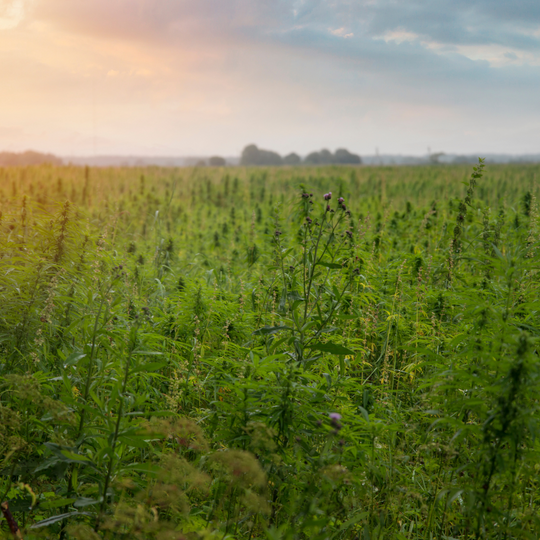Did you know that Hemp enriches the soil?

RAW GOODNESS
australian owned australian made
Enjoy nature at its finest!
Great for you, your family and your pets!
European settlers initially cultivated the versatile crop for textiles. However, the trajectory of hemp in the country has been marked by periods of neglect, largely due to stringent regulations and misconceptions stemming from its association with marijuana. Despite its myriad of benefits and applications, hemp faced stigmatisation, impeding its widespread cultivation.
In recent times, there has been a notable resurgence of interest and advocacy for hemp in Australia. This revival is propelled by a growing awareness of the plant's eco-friendly attributes and the positive impacts it can have on the environment. Hemp is renowned for its adaptability and minimal environmental footprint; it requires fewer pesticides than many conventional crops, contributing to a reduction in overall chemical use in agriculture. Moreover, hemp cultivation has the potential to enhance soil health, acting as a natural soil conditioner.
One of the key environmental advantages of hemp lies in its rapid growth cycle. Hemp plants mature quickly, allowing for multiple harvests in a single year. This characteristic not only makes it a versatile and efficient crop for farmers but also positions hemp as a valuable tool in carbon sequestration efforts. The plant's ability to absorb carbon dioxide during its growth contributes to mitigating climate change impacts, emphasising its role in fostering a more sustainable agricultural landscape.
The contemporary resurgence of hemp in Australia extends beyond textiles to encompass diverse applications, including construction materials, biofuels, and even dietary supplements. As the nation embraces the potential of hemp, it emerges as a promising and sustainable resource that aligns with global efforts to build a greener and more environmentally conscious future.
Signup for exclusive offers and promotions.
